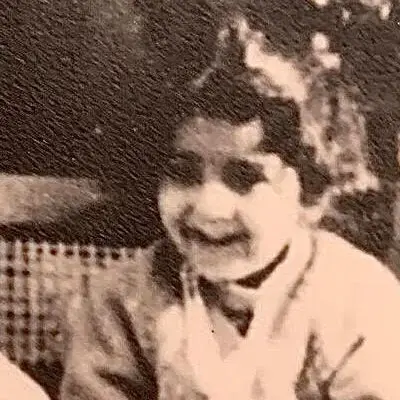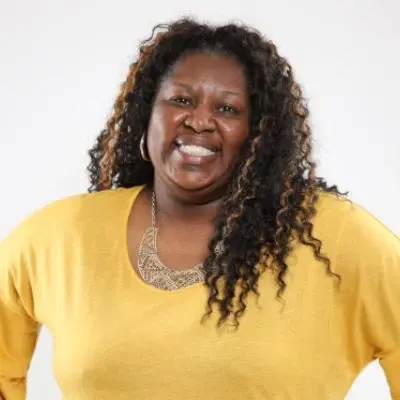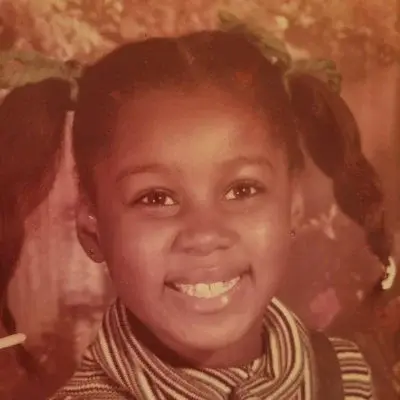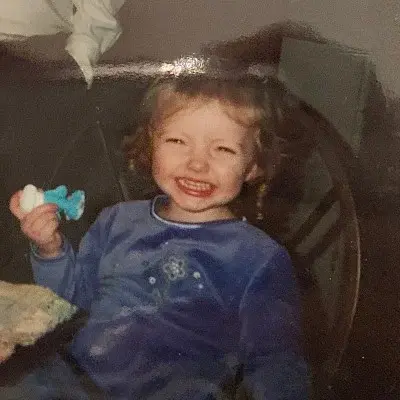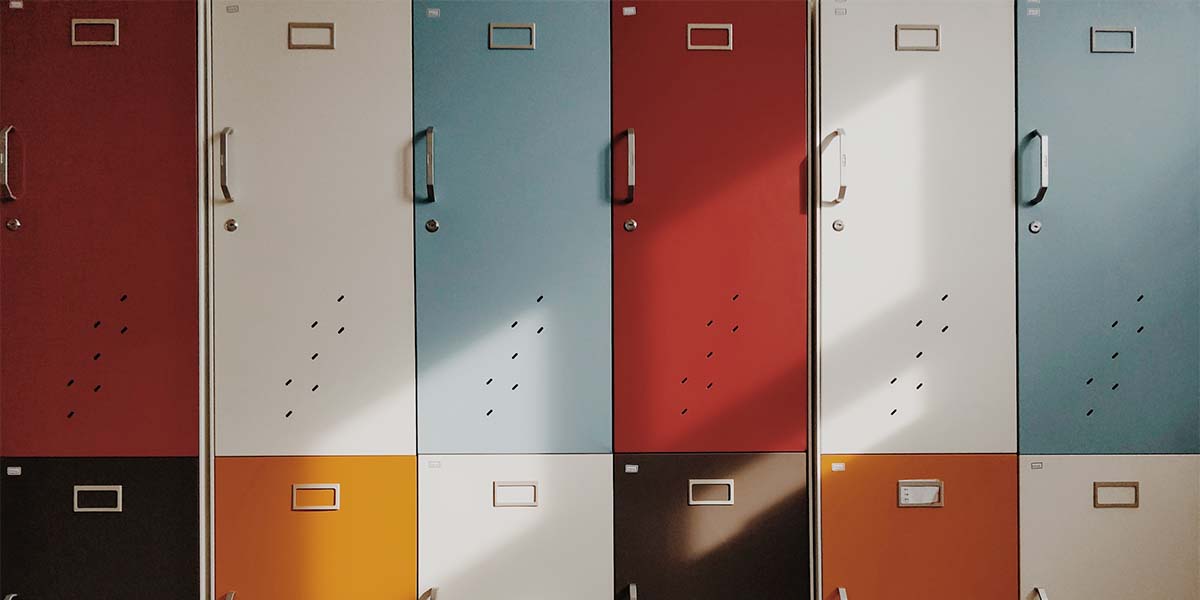Bipolar Disorder
Find Your CounselorAbout
According to Mayo Clinic, a personality disorder is “a type of mental disorder in which you have a rigid and unhealthy pattern of thinking, functioning and behaving;” they typically surface when a person is in their late teens to early twenties. These unhealthy behavioral patterns impact an individual’s relationships and, at times, their ability to function. They include disorders such as narcissistic personality disorder, borderline personality disorder, bipolar disorder, and more. Each disorder is associated with their own unique symptoms and patterns of behavior.
Living with a personality disorder or having someone in your life who lives with a personality disorder can be unpredictable and stressful, but there are coping mechanisms that can be helpful for both someone living with a personality disorder and for people in those individual’s lives. Working with a professional to understand the underlying foundation of a person with a personality disorder and effective methods of communication and coping can benefit everyone involved.
Signs and Symptoms
- depression
- mania
- difficulty maintaining relationships
- difficulty maintaining employment
- mixed state
- rapid cycling
How does Lifeologie help?
Discuss your concerns with our client care team.
When you reach out to Lifeologie, you’ll be connected with one of our intake specialists. In a “call center?” No way. Our specialists are based in our local Lifeologie offices and know the counselors well. Their entire job is to learn about you and what you’re looking for and to match you with the counselor who will be the very best fit for your needs and preferences.
Find a counselor who is passionate about helping you reach your mental health goals.
Lifeologists are counselors, life coaches and overall wellness advocates who are experts and specialists in their craft. From EMDR to nutrition coaching, brain spotting to play therapy, we have you covered. Even our offices are carefully curated to feel modern, comfortable and inviting. Counseling at Lifeologie is not your typical counseling experience – in any way.
Receive continuous support and guidance as you go on your mental health journey.
Your counselor at Lifeologie will meet you wherever you are, whether you’re just starting in counseling for the first time ever… or returning to a life-long counseling journey after a break. Your Lifeologist will partner with you to meet your goals. Wherever you are, we come alongside and help you move forward!

